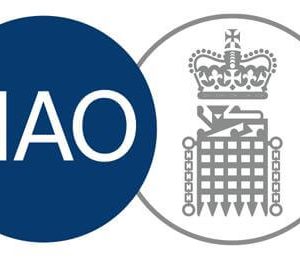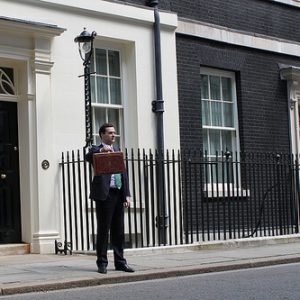November Tax News in Summary
Want a convenient roundup of the most important tax news in Novemeber 2014? Then read on…
- Patent box relief may end – The UK has agreed to put forward a proposal to close its patent box tax break, which allows income from the commercial exploitation of intellectual property (IP) to be taxed at 10%, in a concession to German concerns about artificial shifting of profits between European countries. If the proposal is agreed by the OECD Forum on Harmful TaxPractices, the patent box will close to new entrants in June 2016 and will stop operating in June 2021. This leaves a relatively short window for companies to take advantage of the arrangement. An agreement between the UK and Germany mentions a “transition to new regimes” but does not give details of any replacement for the patent box.
- Collection of tax credits – HMRC have confirmed that from October 14 they will be collecting prior period overpaid tax credits through a reduction in current period payments. The rate of recovery will depend on the household’s circumstances and the maximum amount of deduction will be 25% of current payments.
- VAT shortfall – An estimated £177bn of VAT was lost across the EU due to non-compliance or non collection. This amounts to 16% of total expected VAT revenues. The Netherlands and Finland were the lowest at 5%. Romania was the largest at 44%. The UK came in at 10%.
- Tax free Christmas party – Provisions within the tax rules allow for the Christmas party to betax free. The rules apply to any party or similar function, which must be open to staff generally or to workers at a particular location. The tax-free limit applies for a tax year and is limited to £150 a head. The limit includes a whole host of items such as accommodation and transport, not only food and drink. As long as the cost per head stays under the limit, employees can bring their significant others along, and businesses will get tax relief on the total costs.
- Tax collection – Announced in the 2013 Budget, new rules have been introduced on the amount of certain tax debts that HMRC can recover through the PAYE system. The maximum amount HMRC may recover through a taxpayer’s PAYE notice ranges from £3,000 to £17,000, depending on the expected earnings of the employee and these rules will apply from the 2015/16tax year. The changes will be applied to unpaid self assessment and class 2 National Insurance debts and tax credit overpayments.
- Unit Trusts – As a result of changes to the tax regime for unauthorised unit trusts (UUTs), some trusts have been brought into the charge to corporation tax. Some large non-exempt UUTs will be liable to pay tax by quarterly instalment payments. The instalment will be payable six months and 14 days after the start of the accounting period.
- Automatic information exchange – The UK and 50 other countries have signed a new agreement to exchange financial information automatically. Under the accord, data includes account balances, interest payments and beneficial ownership.
- Complaints about the tax code – During a discussion of the Public Accounts Committee, senior tax experts and MPs heavily criticised the UK’s tax code, which is now 17,000 pages long, compared to the 11,500 pages it was in 2007. The CBI’s chairman of its tax committee said, ‘We’ve got to 17,000 pages of tax code – surely the only possible solution is to set it on fire!’ This means that the tax code has increased by a third in only seven years, creating complexity and constantly changing tax reliefs, which hampers business growth.
- Luxembourg tax avoidance – An investigation has claimed that over 300 multinational companies appear to have saved billions of dollars in taxes after obtaining ‘tax rulings’ from authorities in Luxembourg, with some of these companies paying an effective rate of tax of 1%. The European Commission is looking into this.





